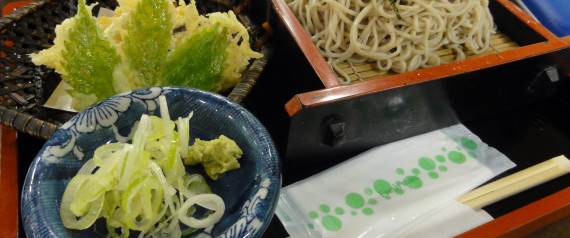
The world's largest population of older healthy adults is on the Japanese island of Okinawa. And the last two people who held the title of world's oldest person (116 in both cases) were from Japan.
So what does Japan know that the Western world doesn't about longevity and aging? We'd broaden that to what does the East know that the West doesn't? Here are seven things we can learn from the East about aging:
1. Healthy arteries don't just happen; you need to work at them.
Elderly Okinawans have impressively clean arteries, low cholesterol, and low homocysteine levels compared to Westerners. This reduces their risk for coronary heart disease by as much as 80 percent and keeps their stroke levels low. But their healthy arteries weren't obtained entirely in the genetic lottery. They are due in large part to their lifestyle: diet, regular exercise, moderate alcohol use, avoidance of smoking, blood pressure control, and a stress-minimizing psycho-spiritual outlook, said the Okinawan Centurian Study.
2. Yes, genes matter.
That same study estimates that the influence of heritability on human lifespan varies from 10 percent to 50 percent depending on the individual, with the most common range being that of about 30 percent. In simpler terms, if you come from a long line of relatives who all lived to ripe old ages, chances are you will too. It also explains why centenarians and near-centenarians tend to cluster in families. That said, lifestyle factors can trump this. If your grandfather was a chain smoker and died of lung cancer when he was 60, it doesn't mean that you will die at the same age unless you also smoke heavily.

3. It isn't just that they live longer; they live better.
It isn't just about turning the birthday calendar into triple digits. It's how you feel when you get there. Studies have shown that Okinawans don't just live longer, they live better lives. The Okinawan elderly have far lower rates of dementia than their U.S. counterparts and suffer less than half the risk for hip fractures. When martial arts master Seikichi Uehara was 96, he defeated a 39-year-old opponent who was himself a former boxing champ. Seikichi later explained that his opponent "had not yet matured enough to beat me."
4. They not only exercise, but they do it as a community.
In pretty much every Chinese neighborhood park, you will find groups of people practicing the centuries-old martial art known as Tai Chi each morning. While the group is of all ages, many many are seniors. Tai Chi is a centuries-old Chinese martial art that descends from qigong and has its roots in traditional Chinese medicine. It involves a series of slow, meditative body movements that were originally designed for self-defense and to promote inner peace and calm. Doing it as a community also speaks to a person's need for companionship and to belong to something larger. In China, should a regular miss the morning Tai Chi, others from the group would go to their home to check on them. Compare this experience to being on the treadmill at the gym where everyone wears earphones to assure their isolation.

5. The need to get things in balance is understood.
In traditional Chinese medicine, humans mimic the universe and are believed to be made up of the five elements (metal, water, fire, wood, and earth). It is believed that these five elements flow throughout all the organs of the body and that you are healthy only when the interactions between these elements cause the flow of your qi to occur in a smooth and balanced manner. In China, it is believed that the practice of Tai Chi can increase flexibility, strengthen muscles and tendons, and aid in the treatment of heart disease, high blood pressure, arthritis, digestive disorders, depression, cancer, and many other illnesses. There hasn't been a lot of scientific evidence to support all of these claims, but even skeptics can see the benefits of an exercise that promotes physical balance. Greater balance means fewer falls.
6. A diet is what you eat for life; dieting is what occurs when you don't have a diet.
Researchers who studied those long-lifers in Okinawa had this to say about the islanders' diet: The traditional diet contains 30 percent green and yellow vegetables. While the overall Japanese diet includes large amounts of rice, the traditional Okinawa diet has less rice and more sweet potato. Okinawans eat only 30 percent of the sugar found in the typical Japanese diet. And we were afraid to look up just how much more sugar Americans eat than Japanese. The Okinawa diet, in practice, is a calorie counter -- one calorie per one gram of food is the goal.

7. Naps are your friend.
The Mediterranean has siestas, but nowhere are mid-day naps regarded to be as sacrosanct as they are in the East. In China, it is very common to see office workers napping at their desks after lunch. A 20-minute power nap can increase productivity as workers head to the close of the day.

